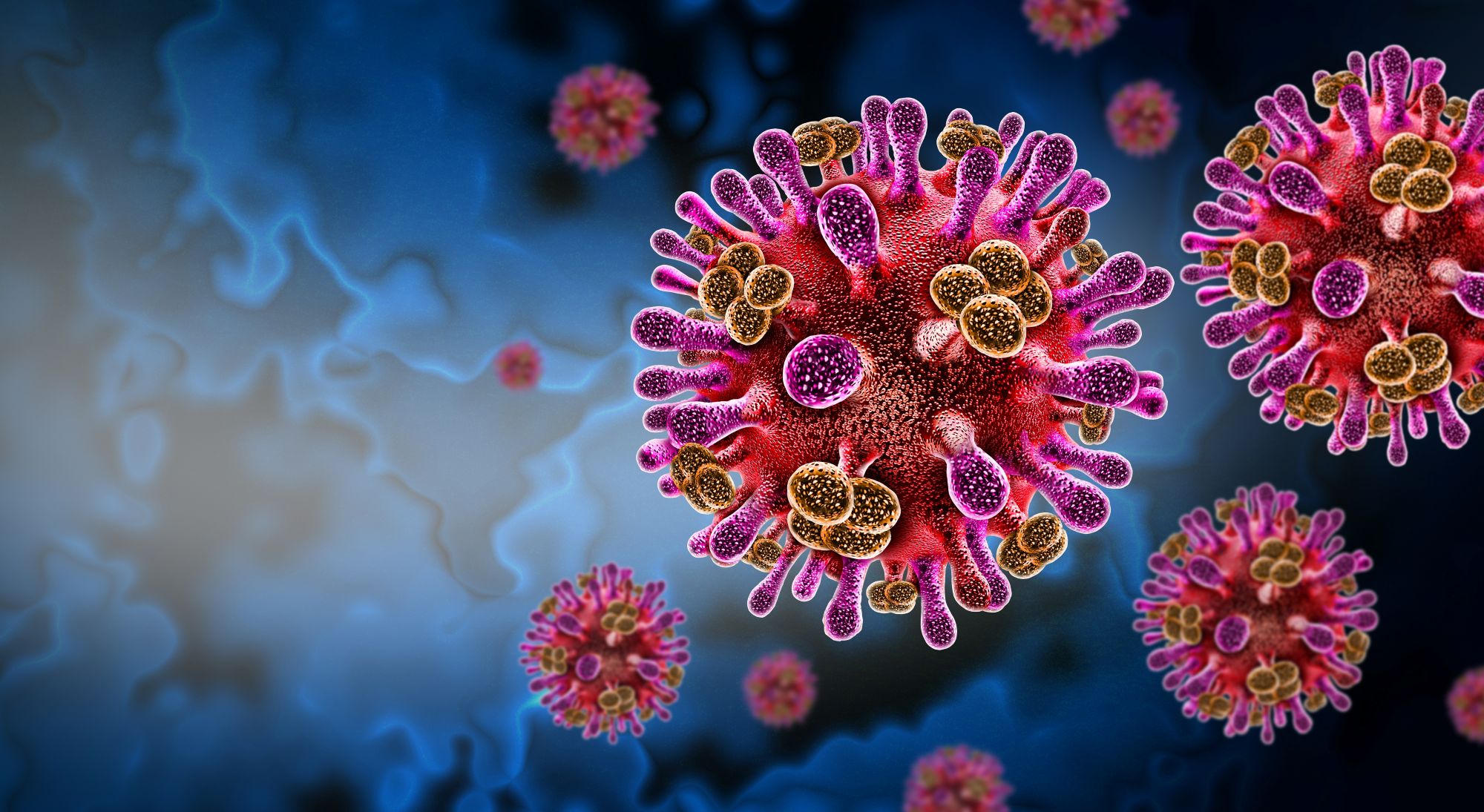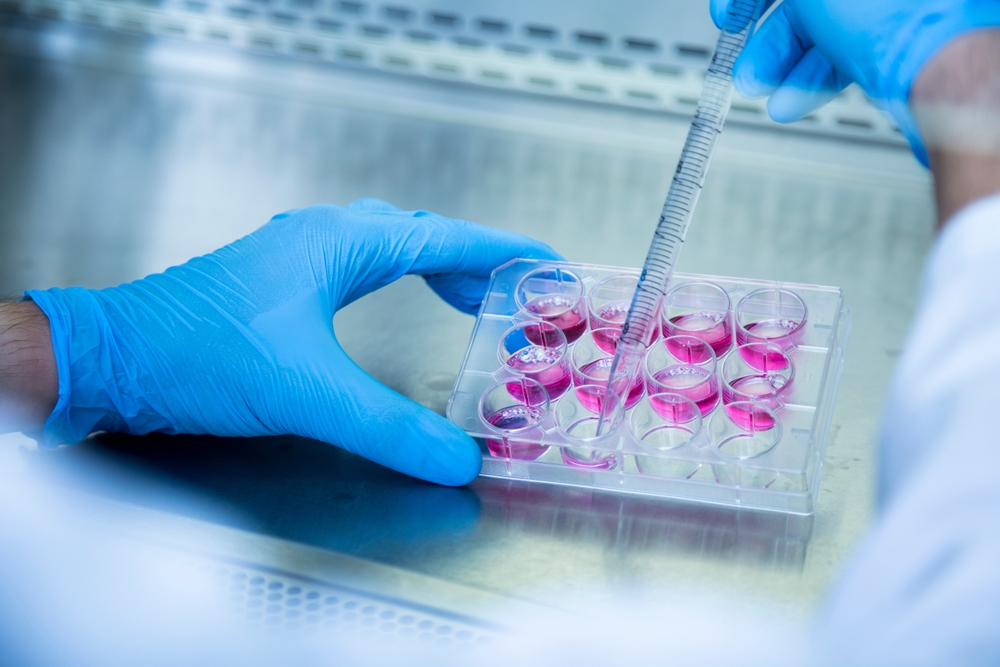Biomedical Science?
The word “biomedical” is an umbrella term encompassing two essential words: “bio” and “medical”, whereby a marriage between the two results in an emerging field called biomedical science that has rapidly advanced and gained recognition in the past few decades. Biomedical science is a broad field that studies the interaction of cells, organs, body systems, and mechanisms in living things to discover or cure diseases or aberrant pathologies. Individuals passionate about enhancing healthcare and the holistic welfare of living things are welcome to embark on the journey of taking a biomedical science course.
Generally, this is a four-year course in public universities; in some private universities in Malaysia, this course only requires three. Undergraduates will learn basic modules comprising microbiology, physiology, and anatomy, in addition to professional modules such as radiobiology, pathology, and parasitology. Besides, practical laboratory work is part of the biomedical science course, where undergraduates could master hands-on techniques in conducting lab-based research and report-writing that would pique their interest.
Job Opportunities in the Field of Biomedical Science
There is a relatively high number of job opportunities for graduates in biomedical science in Malaysia. Generally, there are two directions for graduates: research and industrial. The path towards research involves individuals seeking an intellectual understanding based on fundamental aspects. Individuals on this path may be interested in pursuing their Master’s or PhD (also known as postgraduate students).
The research path gives the researcher relatively better flexibility regarding working hours. Researchers would be expected to plan their experiment’s timing and the types of experiments. However, as a researcher, the workload not only involves performing experiments, but it is also necessary to be actively involved in scientific writing for publication to communicate to fellow peers or the general public about the research findings. Fret not; if you have graduated with a PhD and are still keen on the research path, you might opt to be a postdoctoral researcher or an academician at a university after graduation.
The responsibilities of a lecturer include giving lectures to students, supervising students in their laboratory work or research projects, writing research proposals papers and preparing publications. On the other hand, a researcher is responsible for collecting, analysing and interpreting the data to solve problems, explore issues, or predict trends. People who work as researchers specialise in microbiology, biotechnology, biochemistry and genetics.
The second path is ‘Industry’. Fear not; biomedical science graduates have many career options besides research. For example, I am a scientific communicator, consultancy, medical writer, entrepreneur, policymaker, and medical sales. These careers require strong interpersonal skills and effective communication. Most of the time, they carry an important responsibility to convey a scientific message in a public-friendly manner.
Importance of Biomedical Science during the Pandemic
During the pandemic, medical frontliners (doctors, nurses and healthcare workers) were much appreciated and thanked for their dedicated work caring for the patients. However, we should not neglect those who are ‘behind the scenes’ in working on testing COVID-19 samples back then. These are people in the fields of biomedical, biotechnology and biosciences, in lab coats, taking great strife in investigating the cause of disease, understanding the underlying molecular mechanisms, and providing innovative solutions for treatment and management.
Without them, doctors cannot make informed decisions without the results of assays conducted by the biomedical science personnel. It is especially important during an outbreak of a disease such as COVID-19. Therefore, biomedical scientists play an important role during this pandemic. For example, when COVID-19 first began to spread, groups of researchers around the globe have started to research on this disease. Information such as the type of virus, mode of transmission, incubation period, signs and symptoms were quickly made available to the public. Then, researchers began to develop vaccines for COVID-19 using live attenuated virus or the virus’ protein. More importantly, the knowledge of biomedical science encompasses many areas and leads to other relevant knowledge, and this is particularly evident during the COVID-19 pandemic, as shown in Figure 1.

Lab personnels are the ones who perform the reverse transcription-polymerase chain reaction (RT-PCR) tests on collected samples. They must be trained to follow SOPs before handling the samples and must wear full personal protective equipment (PPE) while handling the samples. During the COVID-19 pandemic, it is also important to set up a ‘point-of-entry’ especially in the airports. Hence, for biomedical science personnel stationed at these areas, it is their sole responsibility to ensure that screening (or swab) tests, collection of personal information and traveling history, and body temperature checks have been appropriately conducted according to the SOPs.
Figure created using Biorender.com
Lab personnel perform the reverse transcription-polymerase chain reaction (RT-PCR) tests on collected samples. They must be trained to follow SOPs before handling the samples and must wear full personal protective equipment (PPE) while handling the samples. During the COVID-19 pandemic, setting up a ‘point-of-entry’ is important, especially in airports. Hence, for biomedical science personnel stationed in these areas, it is their sole responsibility to ensure that screening (or swab) tests, collection of personal information and travelling history, and body temperature checks have been appropriately conducted according to the SOPs.
Benefits and Challenges of Being a Biomedical Scientist in Malaysia
One of the many benefits of being a biomedical scientist is the opportunity to explore the diverse field of biomedical science. Biomedical science students can specialise in one field once they find their interest. Becoming a biomedical scientist in Malaysia may bring the opportunity to participate in events organised locally or overseas. Additionally, virtual events are becoming the new norm as people worldwide can attend events and conferences without being physically present on-site. On the other hand, the challenge of being a biomedical scientist in Malaysia is that their efforts may not have been visible to the public compared to doctors and nurses, better known as our front liners.
Development and Future of Biomedical Science in Malaysia
The development and future of biomedical scientists abroad could be brighter than in Malaysia. Due to more job opportunities, most graduates might prefer to kickstart their careers overseas. However, our country has improved in emphasising research and development (R&D) in these few years. According to the Malaysian Investment Development Authority (MIDA), Malaysia has improved in ranking from 2013-2014 to 2016-2017 in the Innovation of The Global Competitiveness Report. In this new norm era, people obtain their information and knowledge through information technology (IT) devices, which are easily accessible. Sharing scientific resources among Malaysians is encouraged as this allows people to learn more about science’s current developments and obtain accurate information from proper channels.
Therefore, it is hoped that the Malaysian government could put more effort into developing and investing in R&D and bridge the gap between academia and the industry. With that, the interest in STEM will definitely flourish, and the spillover effects would attract the society to learn more about research, become science enthusiasts, and eventually boost Malaysia’s economy. This renewed interest will, in turn, ‘pull’ our country out of the middle-income trap and move us closer to being a high-income nation. So, potential individuals who want to venture into a fantastic biomedical science career in the future, this exciting field will surely be your cup of tea. Trust me!
Dr Lee Tze Yan is a senior lecturer and an active researcher at Perdana University. A biomedical scientist by training, he holds an MSc in Molecular Biology and a PhD in Molecular Medicine from Universiti Putra Malaysia. With an interest in science policy, Dr Lee is also an active member of the Young Scientist Network (YSN-ASM) from the Academy of Sciences Malaysia (ASM).





